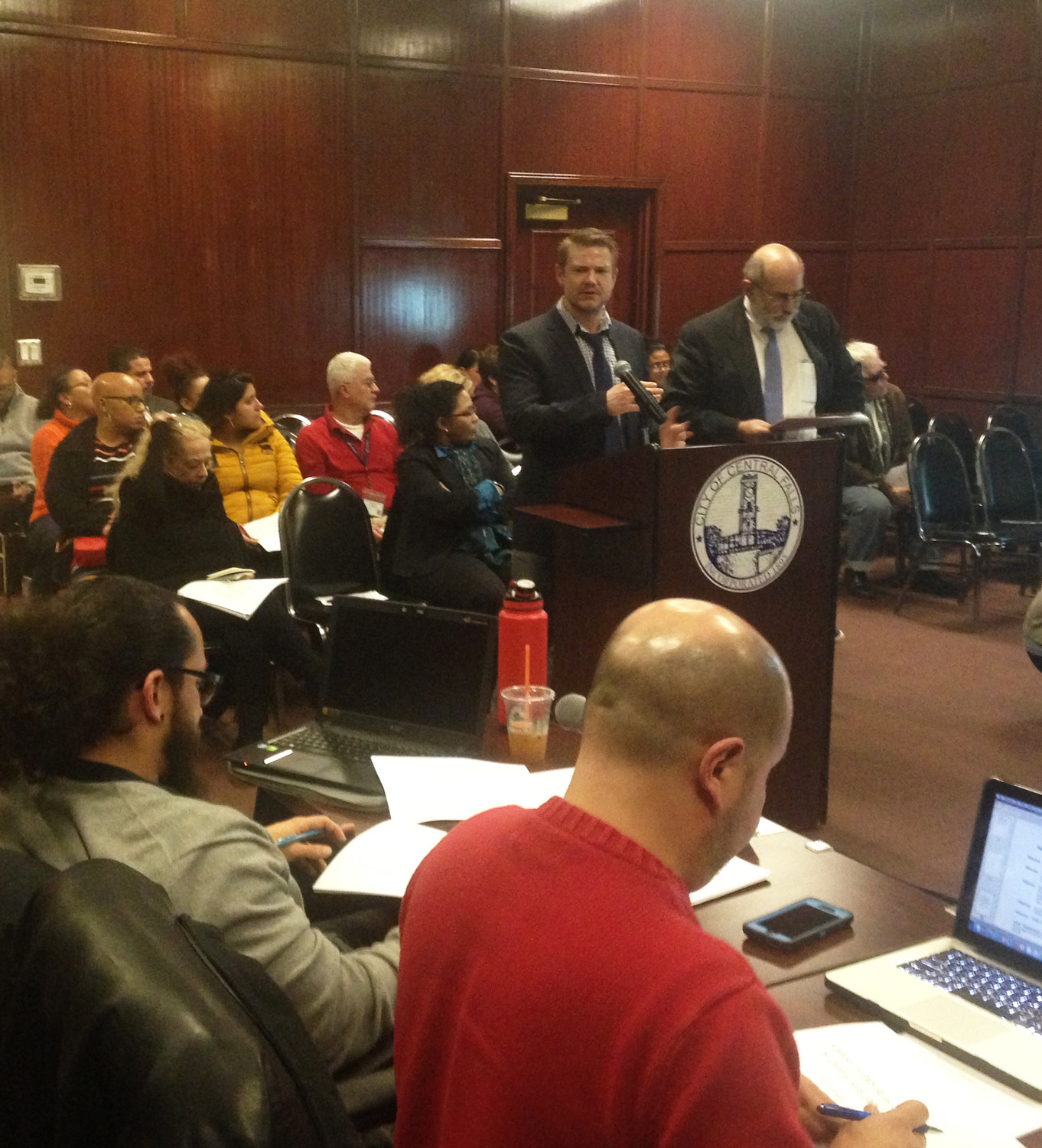When communities take control of substance use
Central Falls seeks legislative approval to rescind summer opening hours for the sale of alcohol, based upon analysis of EMS runs
There is apparently a desire by some city officials to invest in new ambulances and new EMS staff, according to sources, rather than create a more coordinated effort around the potential to transport patients to primary care or urgent care facilities, where appropriate, to improve outcomes an reduce costs. Stay tuned.
CENTRAL FALLS – Two important events occurred last week that marked the way that communities are seeking to take control of their own responses to the growing epidemic of substance use, including alcohol use and abuse as part of the equation.
The first occurred at the Monday, March 12, meeting of the Central Falls City Council, where the council heard a report on the analysis of transports for impressions of “alcohol intoxication” by Central Falls EMS in 2017.
The analysis, authored by Scott Hewitt, Dr. Michael Fine, and Deborah Navarro, quantified what had been suspected: summer store hours for liquor stores had resulted in an increase in EMS runs for both alcohol intoxication, both for repeat users [a 51 percent increase] and for single episode users [a 24 percent increase].
In response to the detailed information presented, the Central Falls City Council moved to seek legislative approval to change the summer opening hours for the sale of liquor, moving it back to 9 a.m., the standard open hours for liquor stores.
The move by the Central Falls City Council was the first time that an elected body had used evidence-based health data from EMS runs to attempt to curtail the incidence of chronic alcohol abuse in Rhode Island.
Comprehensive data
A second major event occurred at the March 14 meeting of the Governor’s Task Force on Overdose Intervention and Prevention, when for the first time, task force members were presented with comprehensive data of other substance use beyond opioids, including alcohol, marijuana and cocaine.
In a report entitled, “Polysubstance use in non-fatal overdose data,” Tracy L. Jackson, an epidemiologist with the R.I. Department of Health, presented the results of data reports from 11 acute care community hospitals and two psychiatric hospitals in Rhode Island, based upon records using up to 25 diagnostic codes, capturing both emergency department visits and hospitalizations, from 2011 to 2016.
What Jackson’s report showed was that in 2016, acute alcohol-related visits to emergency departments totaled 18,582, more than the combined total for marijuana-related visits [8,308], cocaine-related visits [4,186], and unintentional opioid overdoses.
Translated, the data showed that acute alcohol-related visits remain a serious – if under-addressed – problem within the substance use and abuse conundrum.
The data tracks with earlier reporting by ConvergenceRI regarding the number of EMS transports to hospitals for the impression of “alcohol intoxication.” [See ConvergenceRI story below, “Moving beyond dilly, dilly.”]
Harm reduction working group
To follow through on the task outlined in the July 12, 2017, executive order signed by Gov. Gina Raimondo, the task force is finally taking up the development of a statewide harm reduction strategy as part of its workplan.
It was announced at the March 14 meeting that the “Harm Reduction Work Group” is being convened under the direction of Ryan Erickson, a member of Gov. Raimondo’s team, charged with developing new strategies to decrease the risk of overdose and transmission of infectious diseases among people who inject drugs and other at-risk populations.
The move followed a community discussion of medically safe injection facilities held on March 1 at the Warren Alpert Medical School, as well as a study on the efficacy of using fentanyl testing strips to identify the presence of fentanyl in illicit drugs.
New members of the task force
Two new members of the task force were introduced at the meeting: Ray Coia, administrator of the health and safety fund, and Richard Baccari, who recently lost a family member to a drug overdose.







